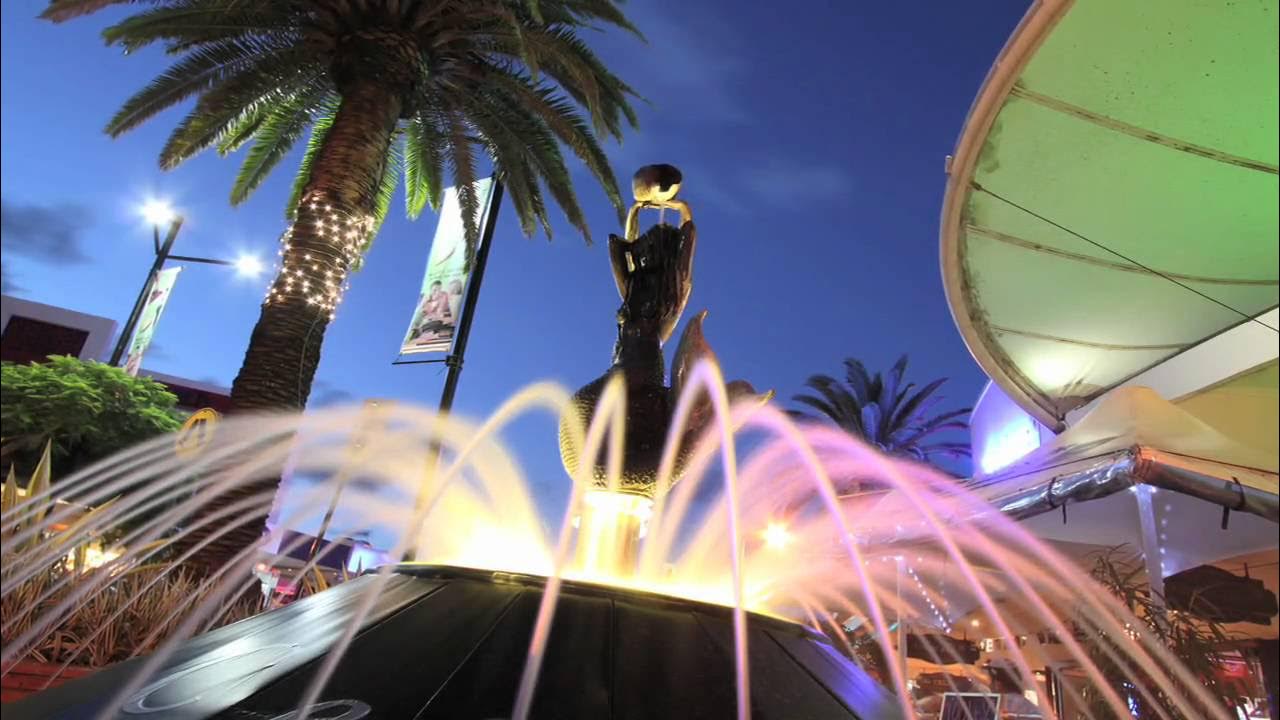These Settings Will Improve 90% of Your Photos
Summary
TLDRThis video tutorial delves into essential photography techniques, focusing on shutter priority and aperture priority modes to control motion and depth of field. It emphasizes the importance of ISO sensitivity, picture styles, and the choice between RAW and JPEG formats for optimal image quality. The tutorial also covers the effects of focal length on image compression, highlighting how to create flattering portraits. By understanding these key elements, photographers can enhance their creative choices and achieve stunning results in their work.
Takeaways
- 😀 Understanding compression in photography enhances the visual impact of landscapes and subjects.
- 📏 The distance and focal length you choose can dramatically alter the perceived size of background objects.
- 📸 Using a telephoto lens can make distant mountains or trees appear larger and closer in the frame.
- 🔍 Adjusting your aperture affects background blur; a larger f-stop increases focus on background elements.
- 🌄 Compression techniques are essential for creating more flattering portraits and clearer subject backgrounds.
- 👤 For portraits, a focal length of 35mm or longer is generally most flattering for capturing facial features.
- ⚖️ The choice between compression and background clarity involves balancing focal length and aperture settings.
- 📏 The more you zoom in, the blurrier the background becomes, enhancing the subject's prominence.
- 🏞️ Professional photographers frequently use compression to create striking compositions that engage viewers.
- 🎥 The effectiveness of your photographic gear is maximized by understanding and applying these compositional techniques.
Q & A
What is the primary benefit of using TV mode in photography?
-TV mode, or Shutter Priority, allows photographers to control the shutter speed, making it ideal for capturing fast-moving subjects clearly without motion blur.
How does AV mode differ from TV mode?
-AV mode, or Aperture Priority, allows control over the aperture size, affecting the depth of field, while TV mode focuses on shutter speed to manage motion.
What shutter speed is recommended for freezing motion in everyday photography?
-A shutter speed between 1/60th and 1/180th of a second is recommended for everyday photography to effectively freeze motion.
Why is a lower f-stop number preferred for portrait photography?
-A lower f-stop number (e.g., f/1.4) creates a wider aperture, allowing for a blurred background, which helps the subject stand out and look more flattering.
What are the implications of using a high ISO setting?
-Using a high ISO setting increases the camera's sensitivity to light, which is useful in low-light situations, but can also introduce noise and reduce image quality.
What is the advantage of shooting in RAW format?
-Shooting in RAW format retains more image data, providing greater flexibility in post-processing for adjustments in exposure, color, and detail.
How does focal length affect image composition?
-Focal length determines the field of view and the level of background compression; longer focal lengths make background elements appear closer and larger, enhancing depth.
What is the purpose of the exposure meter in a camera?
-The exposure meter helps photographers gauge the correct exposure for an image, indicating if it is overexposed or underexposed and assisting in achieving balanced lighting.
What creative choices can a photographer make to enhance their composition?
-Photographers can choose to move closer to or further from subjects to manipulate perspective and background size, as well as adjust aperture and focal length for desired effects.
What is the impact of zooming in on background elements in a photograph?
-Zooming in compresses background elements, making them appear larger and closer to the subject, which can enhance the visual impact of the scene.
Outlines

This section is available to paid users only. Please upgrade to access this part.
Upgrade NowMindmap

This section is available to paid users only. Please upgrade to access this part.
Upgrade NowKeywords

This section is available to paid users only. Please upgrade to access this part.
Upgrade NowHighlights

This section is available to paid users only. Please upgrade to access this part.
Upgrade NowTranscripts

This section is available to paid users only. Please upgrade to access this part.
Upgrade NowBrowse More Related Video
5.0 / 5 (0 votes)





